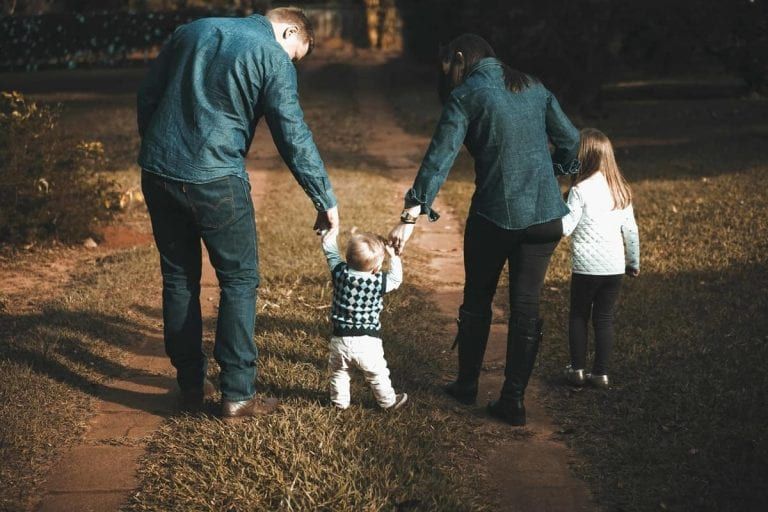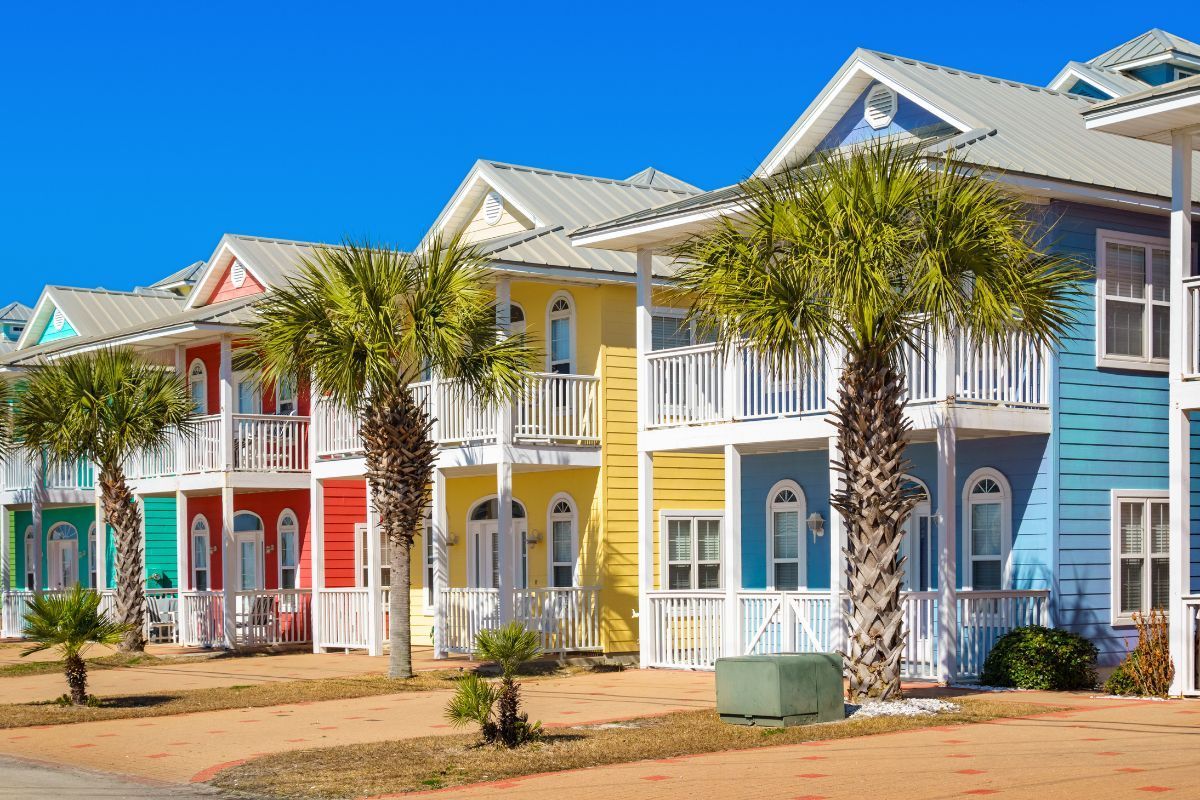3 SIMPLE WAYS TO KEEP YOUR FAMILY PROTECTED THIS HOLIDAY SEASON

The New Year is almost upon us. Our part-time residents are returning to Port Charlotte, Punta Gorda, and Englewood from Canada, the Northeast, and the Midwest. The Charlotte County roads will be crowded, traffic will be heavy, attention will be diverted from the road to looking for the next shopping center to turn into for gift buying, and many other drivers will make unwise decisions to drive home from holiday parties after having partaken of too much holiday cheer. In the next month, many serious accidents will occur in Port Charlotte, Punta Gorda, and Englewood……some with dire consequences.
Here are some recommendations for early New Years resolutions to help protect you and your family:
1. YOUR AUTOMOBILE INSURANCE:
Make an appointment to meet your automobile insurance agent, in person, to discuss the exact coverage you carry on your automobile insurance policy, and how much of each coverage you carry. Please review our blog article dated September 8, 2015 entitled “Does Your Automobile/motorcycle Insurance Provide You with “Full Coverage”? Almost Certainly Not…” https://gtslaw.wpengine.com/punta-gorda-motorcycle-insurance-port-charlotte-motorcycle-insurance/ I have handled countless automobile, motorcycle, and bicycle accidents in Port Charlotte, Punta Gorda, and Englewood in the last 20 years. While virtually everyone feels they have full coverage, in my experience less than 1 in 10 people has adequate coverage for their family’s specific needs. If you don’t have the appropriate levels of automobile insurance coverage, it could add insult to a serious injury suffered over the holidays.
2. IF YOU OWN A DOG OR PET:
If you own a dog or other pet, you need to call your homeowners insurance company to determine whether or not you are covered for animal liability – you’re very likely not currently covered. Since 2005, when the Allstate, State Farm, and Nationwides of the world left the Florida homeowners insurance market completely and were replaced by “lesser” companies, almost every one of these lesser companies excluded coverage for animal liability from their standard homeowners policies. That means, if you own a dog and your homeowners insurance is not through a traditional “name-brand” insurance carrier, there’s a greater than 95% chance you are not covered if your dog seriously injuries someone, whether it be on or off your property. This leaves you and your family completely exposed to a lawsuit being filed against you (which your homeowners insurance carrier will not defend) and a personal monetary judgment being entered against you (which your homeowners insurance carrier will not pay).
You can contact a local insurance agent and, for a few hundred dollars per year, purchase a special animal liability policy to cover this gap you almost certainly have in your homeowners policy. Please purchase this policy, both for your own piece of mind, and also for the benefit of the child or neighbor who accidentally gets bitten or injured by your dog. Purchasing this insurance is not only the smart thing to do, but it’s also the right thing to do.
3. AVOIDING HOLIDAY DRINKING AND DRIVING:
There’s no other way to say this: drinking and driving is equal parts dangerous, foolish, and potentially expensive. For your sake, the ones you love and other strangers on the road with families of their own, don’t imbibe at holiday parties and expect to get yourself home in one piece. Drinking and driving is Russian Roulette played with automobiles and intoxicants instead of guns. Even if someone is lucky enough to avoid killing or hurting themselves or others, a DUI arrest, along with its associated attorney’s fees, financial criminal punishments, and driver’s license suspension, are incredibly expensive, time consuming, and could result in extensive monitored probation and possibly substantial jail time.
As responsible adults, we all know before attending a party whether or not we’ll be imbibing or not. Be realistic with yourself before leaving your home, and make preparations in case you are unable to drive yourself home, such as:
A. Already having the telephone number of a cab handy – and then use it.
B. Already having a designated driver appointed – and let him/her drive you home.
C. If you have AAA or some other form of roadside assistance which includes tow service, call them to your location and let them know your car won’t start. When the tow driver arrives, just tell him again your car won’t start, and you’d like the car towed to your home. He’ll even give you a ride in his truck back to your house! You should tip the tow driver generously for providing this valuable public service. And the next morning, when you wake up a little foggy, not only will you be safe and sound in your own bed, but you’ll also have your car conveniently in your own driveway rather than having to make plans to go pick it up.
From everyone here at Goldman, Tiseo & Sturges Attorneys at Law, we wish you and yours the happiest of holiday seasons! Please be safe and enjoy your families.
Share This Post:






